Pakistan at 78: Achievements and Challenges Since Independence
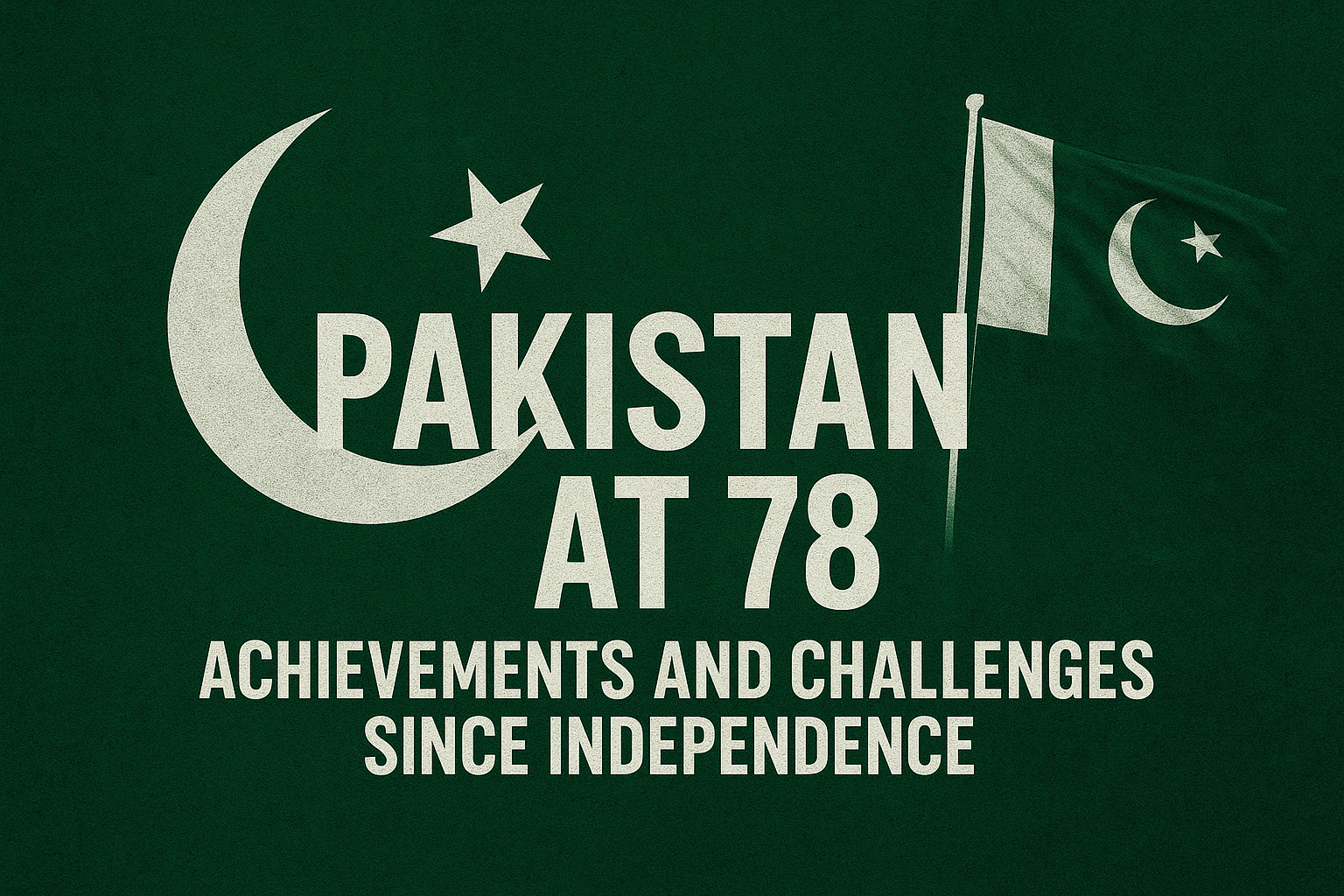
On 14th August 1947, Pakistan emerged as an independent nation after immense struggle and sacrifice. Today, as Pakistan celebrates its 78th Independence Day, it is a moment not only for joy and patriotism but also for reflection. Over the decades, the country has achieved remarkable progress in many areas, yet continues to face significant challenges that demand attention.
This article takes a closer look at Pakistan’s journey — the achievements that make the nation proud and the challenges that must be addressed for a brighter future.
🌟 Achievements Since Independence
1. Survival and Strength as a Nation
Despite a difficult start, with limited resources, infrastructure, and trained personnel, Pakistan has survived and maintained its sovereignty for 78 years. From only a few institutions in 1947, it has developed into a country of more than 240 million people, with functioning governance, military strength, and growing global presence.
2. Agricultural Growth
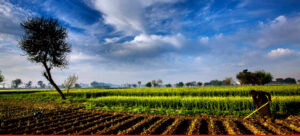
Pakistan has made remarkable progress in agriculture. The Green Revolution of the 1960s transformed the nation into a country self-sufficient in major crops like wheat and rice. Today, Pakistan is one of the world’s largest producers of:
Mangoes
Basmati rice
Cotton
Agriculture continues to support the economy and employs nearly 40% of the workforce.
3. Nuclear Power
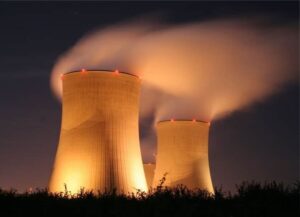
One of Pakistan’s greatest achievements is becoming the first Muslim-majority country to develop nuclear weapons in 1998. This milestone not only strengthened national defense but also placed Pakistan on the global map as a technologically advanced nation.
4. Education and Universities
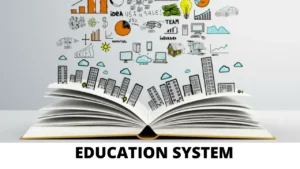
From just one university in 1947 (Punjab University), Pakistan now has 200+ universities offering education in various fields. Institutions like Aga Khan University, LUMS, and NUST are internationally recognized. A large number of Pakistani doctors, engineers, and IT professionals are making contributions worldwide.
5. Sports and Culture

Pakistan has produced world-class athletes and cultural icons. Achievements include:
Winning the Cricket World Cup in 1992
Four-time Hockey World Cup champions
International recognition in squash (Jahangir Khan, Jansher Khan)
Globally admired dramas, music, and literature
6. Technological Advancement
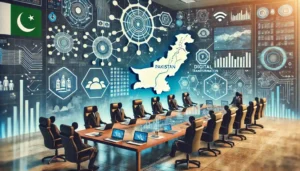
The IT sector is booming. Pakistan’s freelancers are ranked among the top five globally, and startups in e-commerce and fintech are growing rapidly. Government initiatives like DigiSkills and Special Technology Zones are encouraging youth participation in the digital economy.
7. CPEC and Regional Connectivity
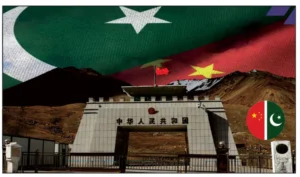
The China-Pakistan Economic Corridor (CPEC) is one of the largest infrastructure and economic development projects in Pakistan’s history. It promises improvements in trade, energy, and connectivity with the wider region, making Pakistan a hub of economic activity.
⚠️ Challenges That Still Exist
While there are many achievements, Pakistan also faces deep-rooted challenges that have slowed its journey.
1. Political Instability

Frequent political upheavals, short-lived governments, and lack of continuity in policies have held Pakistan back. Democracy, though sustained, still struggles with issues of governance and transparency.
2. Economic Struggles

The economy remains fragile, with high inflation, growing debt, and dependence on foreign aid. Pakistan’s exports are low compared to its imports, and industries often face energy shortages. To stabilize, structural reforms are needed in taxation, trade, and industrial growth.
3. Education Crisis
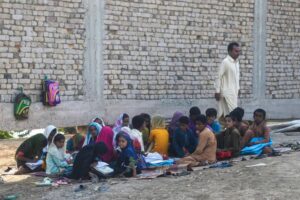
Despite progress, Pakistan has one of the highest numbers of out-of-school children in the world — around 23 million. Literacy rates remain low, and quality of education varies widely between urban and rural areas.
4. Healthcare Challenges

The doctor-to-patient ratio is still below international standards, and healthcare access in rural areas is limited. Though private hospitals are improving standards, government hospitals face overcrowding and resource shortages.
5. Energy Crisis
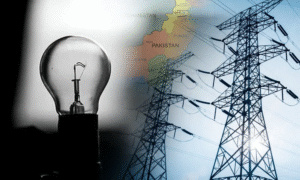
Frequent power shortages affect industry, businesses, and daily life. Although Pakistan has potential for hydropower, solar, and wind energy, dependence on imported fuel and inefficient management create recurring energy crises.
6. Security Concerns
Pakistan has fought against terrorism for decades, and although major improvements have been made, security challenges still remain. Peace and stability are essential for attracting investment and tourism.
7. Brain Drain
Many highly qualified professionals — especially doctors, engineers, and IT specialists — migrate abroad for better opportunities. This brain drain results in talent shortages at home.
8. Climate Change and Environmental Issues
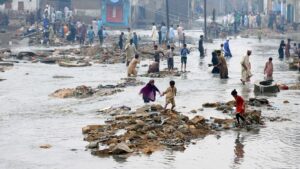
Pakistan is among the countries most vulnerable to climate change. The 2022 floods were a harsh reminder of how devastating climate impacts can be. Deforestation, water scarcity, and pollution also threaten long-term sustainability.
🌍 The Road Ahead
Pakistan’s story is one of resilience. At 78, the nation stands at a crossroads. By focusing on education, economic reforms, healthcare improvements, renewable energy, and political stability, Pakistan can move toward a stronger, more prosperous future.
The youth — who make up more than 60% of the population — are Pakistan’s greatest asset. With proper opportunities and leadership, they can transform the country into a competitive, modern, and thriving nation.
🎉 Conclusion
As Pakistan celebrates its 78th Independence Day, citizens must remember the sacrifices of their ancestors while also recognizing the responsibilities of the present. The green and white flag symbolizes both pride and commitment: pride in what has been achieved, and commitment to solving the challenges that remain.
Pakistan at 78 is not just a milestone — it is a reminder that the journey of nation-building is ongoing. With unity, discipline, and faith, Pakistan can fulfill the vision of its founders and rise as a strong, progressive nation.
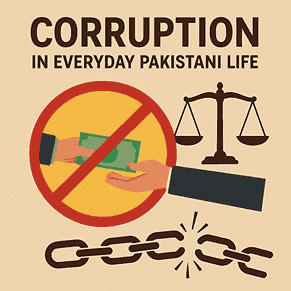

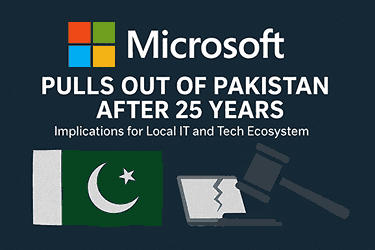









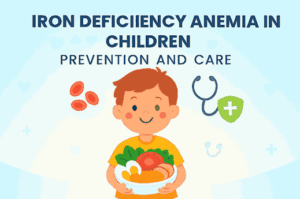
Post Comment